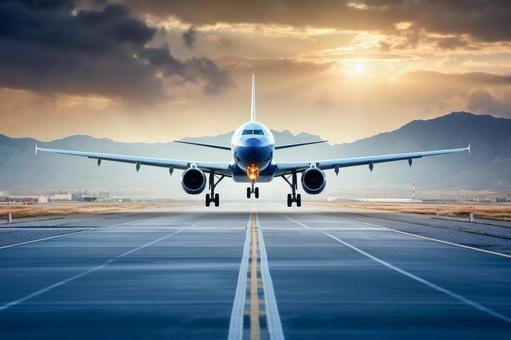Zanzibar’s aviation industry is flying higher than ever, with new figures showing a dramatic rise in both passenger numbers and revenues.
The boom is being widely attributed to President Hussein Mwinyi’s reform-driven economic agenda, which has put a strong focus on modernizing infrastructure and expanding global connectivity.
According to the Minister for Infrastructure, Communication and Transport, Dr Khalid Salum Mohamed, passenger traffic through Abeid Amani Karume International Airport (AAKIA) and Pemba Airport has surged over the last five years. At the height of the COVID-19 pandemic in 2020, just over 840,000 passengers passed through Zanzibar’s airports. By 2025, that figure has more than doubled to more than 2.4 million, reflecting not only a strong recovery but a new era of growth.
Revenues have kept pace with passenger numbers. The Zanzibar Airports Authority (ZAA) reported that airport earnings climbed from TZS 11.6 billion in 2019/20 to nearly TZS 50 billion in the 2024/25 fiscal year. This remarkable increase underscores the economic impact of a sector that has become one of the key engines of Zanzibar’s growth.
The government has been quick to credit the reforms introduced under Mwinyi’s administration. These include airport modernization projects, improved service standards, and initiatives to attract more international carriers. In recent years, global airlines such as Air France and other international operators have resumed direct routes to Zanzibar, placing the islands firmly on the map as a growing hub for tourism and trade.
Also Read; Trump-Putin Summit Seeks Ukraine Conflict Resolution
For ordinary Zanzibaris, the boom in air travel means more than just higher numbers on a balance sheet. It translates into jobs, from baggage handlers and ground staff to hotel workers and tour operators. Tourism, which remains the backbone of Zanzibar’s economy, is thriving thanks to improved air access. The surge in arrivals has also created new opportunities for local businesses, from spice exporters to cultural tour operators.
Looking ahead, authorities say the focus will be on sustaining this growth by investing further in infrastructure. Plans include expanding cargo handling capacity, improving passenger terminals, and streamlining operations to ensure Zanzibar’s airports remain competitive in a fast-changing aviation market.
What once was a slow climb out of the pandemic has now become a story of resilience and transformation. With airports buzzing again, Zanzibar is no longer just a tourist destination — it is emerging as a vital aviation hub in East Africa, positioning itself for even greater growth in the years to come.







